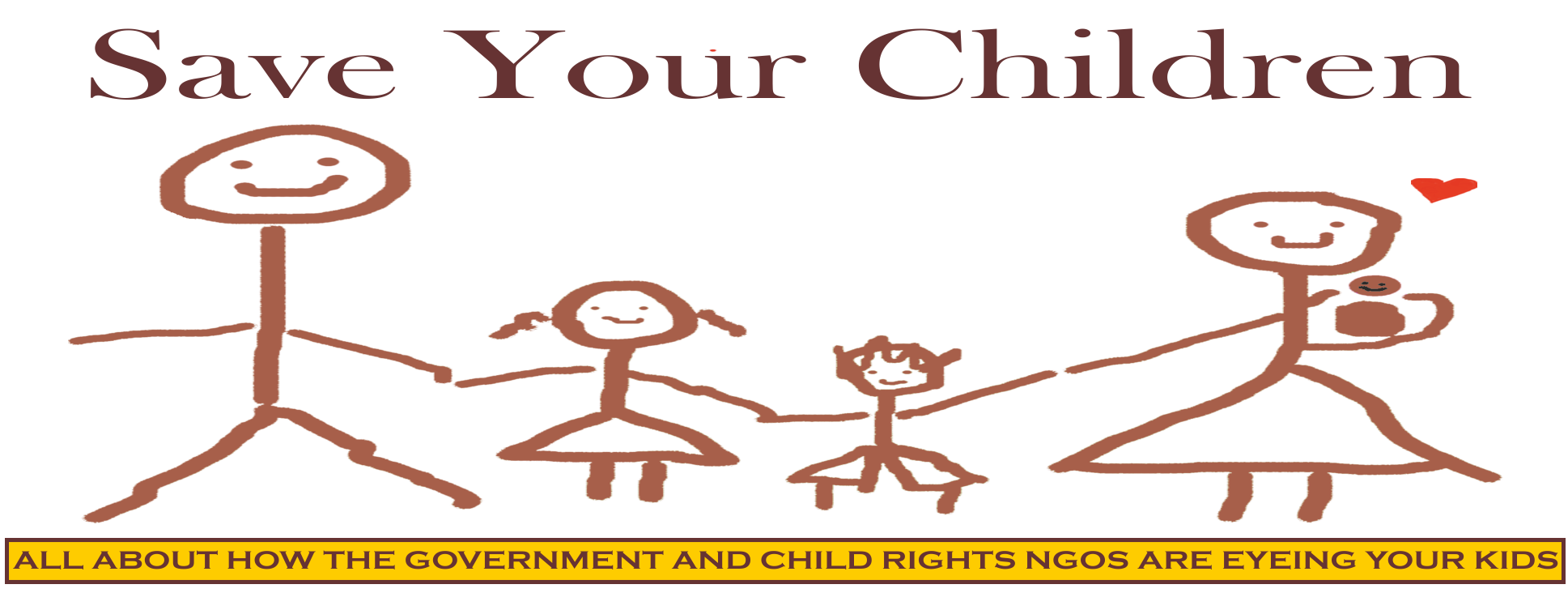This is the story of a little Indian girl in Scandinavia abandoned by her adopters and betrayed by the State. Statistics are showing that the rate of adoption failure in these countries is quite high, leaving rejected adoptees to be institutionalised and marginalised once more in their adopted land.
Author: suranya
Childhood Training of Elites of Imperial Europe by Kaustav Bhattacharrya
The European Empires and their nation-states which arose during the 18th and 19th centuries increasingly turned towards the Spartan ideal with its accent towards developing a strong military and a robust state necessitated by the demands of the Empire to possess a cohesive effective ruling class.
Children in Imperial Europe by Kaustav Bhattacharyya
Global child rights discourse often turns the spotlight on how children are treated – historically and in present times – in the Third World. But it is also educational to turn the gaze around to study the treatment of children down the ages in the West. In this article we look at the child in Imperial Britain, Germany (Prussia) and France – the three dominant powers of Europe of the time.
Public health for children: care or control? by Lars-Toralf Storstrand
Parents in the world’s leading welfare states are increasingly facing disagreement, hostility and suspicion from public services over their children’s medical treatment.
Indian mothers stand up to US bullying in the name of “child welfare” by Niharika Dass
Will the Govenrment stand by them or cave to the USA?
A case exposing the double standards of Norway’s CPS by Jan Simonsen and Marianne Haslev Skånland
A top Norwegian child protection expert, member of the exclusive 14-member national Expert Commission on Children, Jo Erik Brøyn, is found guilty of possessing and sharing about 200,000 pictures and 4000 hours of video showing children subjected to brutal sexual abuse. But the system appears to be very lenient on the question of this child psychiatrist’s two young children to whom he is the single parent. Is Norway’s child protection establishment reluctant to go after one of “their own”?
Children and Mothers Victimised by Danish Child Protection Services by Mrutyuanjai Mishra
In this article you hear the voice of children against the Child Protection Services (CPS) – two girls who ran back to their mother after years of forced foster care and a little boy whose cries for his mother went unheeded. Also note the way the child who resists being separated from his family is drugged into submission by the system. This is also yet another story of Western CPS preying on mothers fleeing domestic violence.
Recommended Reading: Article in Washington Post on How US Child Protection Laws and Policies Victimise Low Income Families
“Children at risk of physical and sexual abuse require swift intervention. Yet more reporting may actually contribute to making children less safe. A flood of reports from laypeople, which are less likely to be accurate (and are often focused on social issues tied to poverty, rather than actual abuse), thins out already underfunded resources, while turning the attention of caseworkers away from children who need immediate intervention.”
NAGAPATTINEM SIBLINGS SNATCHED BY UK AUTHORITIES. CLICK HERE FOR TAMIL & ENGLISH PETITION
TAMIL PETITION. RETURN NAGAPATTINEM SIBLINGS TO INDIA. CLICK HERE. Please tweet or email your endorsement of this petition to mahroosmahfooza@gmail.com …
Children as State Property in Europe: An Ancient Legacy by Kaustav Bhattacharyya
This article startlingly anticipates the bizarre and tragic drama that unfolded in April 2018 in Britain in the case of Baby Alfie Evans. It would appear that children as state property has an ancient legacy in Europe.
